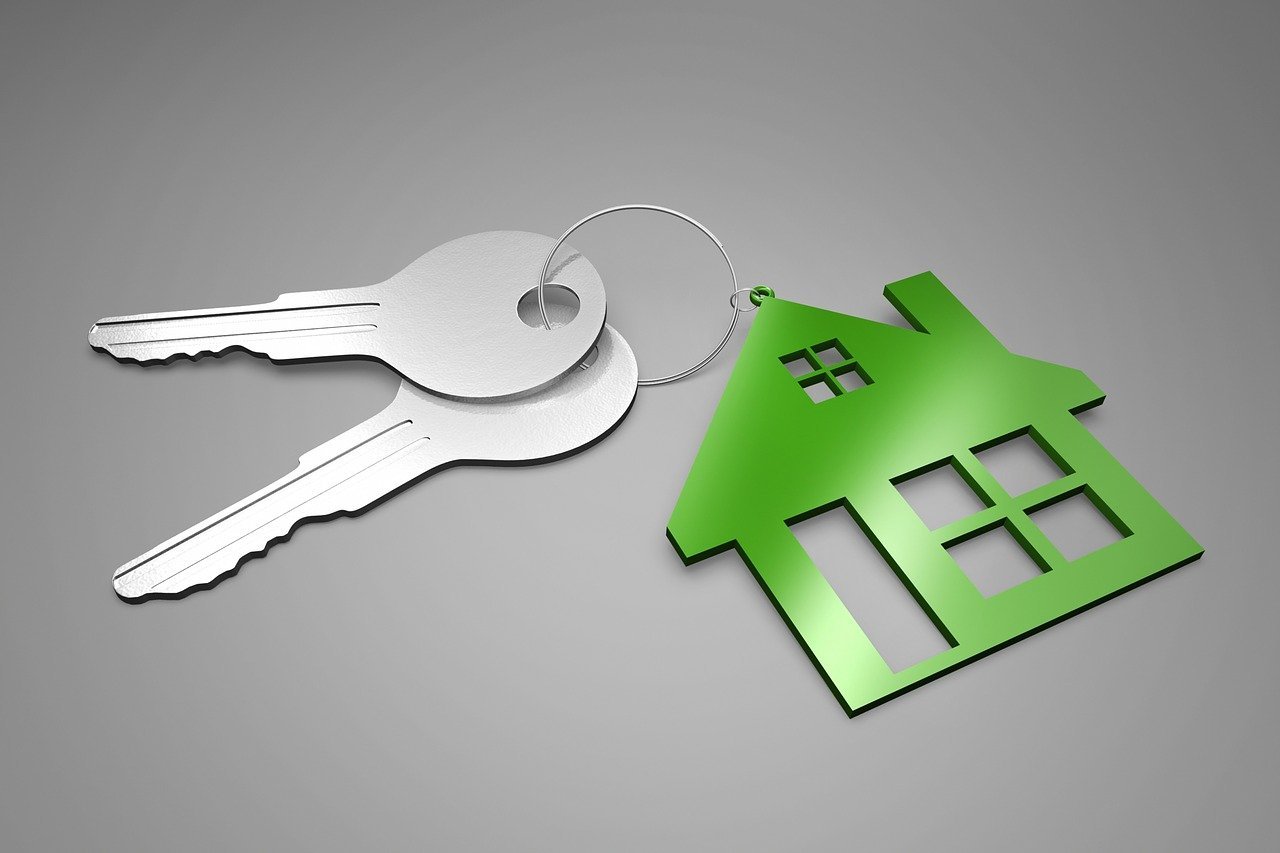A home equity loans allows homeowners to borrow money against the equity they have built up in their property. This type of loan is often referred to as a second mortgage, as it involves taking on another loan in addition to the original mortgage. The equity in your home is calculated by subtracting the amount you owe on your mortgage from the current market value of your property. If you have a credit score of 580, securing a home equity loan can be more challenging, but it’s not impossible.
Why a Credit Score of 580 Matters
A credit score of 580 is considered to be in the fair range by most lenders. While it’s not excellent, it’s also not the worst. This score indicates that there may have been some financial difficulties in the past, but you’ve likely taken steps to improve your creditworthiness. Lenders consider a range of factors when determining eligibility for a home equity loan, and your credit score is one of the most important.
Factors Lenders Consider Besides Credit Score
Lenders look at several key factors when deciding whether to approve a home equity loan:
- Debt-to-Income Ratio (DTI): This is a measure of your monthly debt payments compared to your monthly income. A lower DTI ratio is more favorable as it shows you have enough income to cover additional debt.
- Loan-to-Value Ratio (LTV): This ratio compares the amount of the loan you are seeking to the appraised value of your home. A lower LTV ratio is better, as it indicates you have more equity in your home.
- Employment History: A stable employment history reassures lenders that you have a reliable source of income to repay the loan.
- Income: Higher income can offset a lower credit score by demonstrating that you have the financial means to repay the loan.
How a Credit Score of 580 Affects Your Loan Terms
If you have a credit score of 580, you might still be eligible for a home equity loan, but the terms might not be as favorable as they would be for someone with a higher score.
Here’s how your credit score can impact your loan:
- Interest Rates: Expect to pay a higher interest rate compared to borrowers with higher credit scores. Lenders charge higher rates to offset the risk associated with lending to someone with a lower credit score.
- Loan Amount: The amount you can borrow might be lower. Lenders may not allow you to borrow as much of your home’s equity if they perceive you as a higher risk.
- Loan Fees: Additional fees, such as origination fees or higher closing costs, might be required to secure the loan.
Steps to Improve Your Chances of Approval
To increase your chances of getting approved for a home equity loan with a credit score of 580, consider taking the following steps:
- Increase Your Credit Score: Even a small increase in your credit score can make a significant difference in your loan terms. Pay off outstanding debts, avoid new credit inquiries, and ensure that your credit report is free of errors.
- Lower Your Debt-to-Income Ratio: Pay down existing debts to improve your DTI ratio. This will make you a more attractive candidate to lenders.
- Shop Around: Different lenders have different criteria for approving loans. By shopping around, you may find a lender who is more willing to work with you despite your lower credit score.
- Consider a Co-Signer: If you have a trusted friend or family member with a higher credit score, they could co-sign the loan, potentially improving your chances of approval and securing better terms.
- Increase Your Equity: If possible, pay down your existing mortgage to increase your home equity. This will lower your LTV ratio and could improve your chances of getting approved.
Understanding the Risks
Taking out a home equity loan with a credit score of 580 comes with certain risks. It’s important to be aware of these risks before proceeding:
- Higher Monthly Payments: Due to higher interest rates, your monthly payments could be significantly higher, straining your budget.
- Risk of Foreclosure: If you’re unable to keep up with payments, you risk losing your home through foreclosure. This is particularly risky if you’re already struggling financially.
- Increased Debt: A home equity loan adds to your overall debt load. If you’re not careful, this could lead to financial strain, especially if your financial situation worsens.
Types of Home Equity Loans
There are two primary types of home equity loans to consider:
- Fixed-Rate Home Equity Loans: These loans provide a lump sum of money with a fixed interest rate and set repayment term. This option is ideal if you need a large sum of money upfront and prefers predictable monthly payments.
- Home Equity Lines of Credit (HELOCs): A HELOC functions more like a credit card. You can draw from a line of credit as needed, up to a certain limit. The interest rate is typically variable, and you only pay interest on the amount you borrow.
When a Home Equity Loan is a Good Idea
Even with a credit score of 580, there are situations where a home equity loan could be a good option:
- Home Improvements: If you’re looking to make improvements that will increase the value of your home, a home equity loan can be a smart way to finance these projects.
- Debt Consolidation: If you have high-interest debt, such as credit cards, you might use a home equity loan to consolidate this debt into a single, lower-interest payment.
- Emergency Expenses: In certain situations, a home equity loan could provide the funds needed to cover unexpected expenses, such as medical bills or urgent repairs.
Alternatives to Home Equity Loans
If you’re hesitant to take on a home equity loan due to your credit score, consider these alternatives:
- Personal Loans: While personal loans often come with higher interest rates, they don’t require you to use your home as collateral, reducing the risk of foreclosure.
- Cash-Out Refinance: This option allows you to refinance your existing mortgage for more than you owe, taking the difference in cash. This could be a better option if interest rates have dropped since you took out your original mortgage.
- Credit Counseling: If your financial situation is challenging, credit counseling can help you create a plan to manage your debt and improve your credit score before applying for a loan.
How to Choose the Right Lender
When applying for a home equity loan with a credit score of 580, it’s important to choose the right lender. Here are some tips to help you make the best choice:
- Compare Rates: Interest rates can vary significantly between lenders. Be sure to compare rates from multiple lenders to find the best deal.
- Read Reviews: Check online reviews to learn about other borrowers’ experiences with different lenders. This can give you insight into the lender’s customer service and loan approval process.
- Ask Questions: Don’t be afraid to ask potential lenders about their requirements and the loan process. Understanding the terms upfront can help you avoid surprises later on.
- Check for Hidden Fees: Some lenders may charge additional fees that aren’t immediately apparent. Be sure to ask about any potential fees before committing to a loan.
Preparing for the Application Process
Before applying for a home equity loan, make sure you’re prepared:
- Gather Documentation: Lenders will require proof of income, tax returns, and information about your current mortgage. Having these documents ready will speed up the application process.
- Get an Appraisal: Your lender will likely require an appraisal to determine the current value of your home. Be prepared to pay for this service.
- Review Your Credit Report: Check your credit report for any errors or inaccuracies. Correcting inaccurate information can boost your credit score and increase your approval chances.
- Understand the Terms: Make sure you fully understand the terms of the loan, including the interest rate, repayment period, and any fees associated with the loan.
The Role of Dream Home Mortgage
For those looking for a reliable lender, Dream Home Mortgage is a trusted name in the mortgage industry in the USA. They provide comprehensive services covering all aspects of home equity loans, including options for those with a credit score of 580.
Conclusion
A home equity loan with a credit score of 580 is possible, but it comes with challenges and risks. It’s important to weigh the pros and cons carefully and explore all of your options. By improving your credit score, reducing your debt, and choosing the right lender, you can increase your chances of securing a home equity loan that meets your needs.
Dream Home Mortgage is here to help you navigate the complexities of home equity loans, providing the support and guidance you need to make informed decisions. With the right approach, you can turn your home equity into a powerful financial resource, even with a credit score of 580.
If you’re considering a home equity loan, take the time to do your research and make sure you’re making the best financial decision for your situation. Whether you’re looking to make home improvements, consolidate debt, or cover unexpected expenses, a home equity loan can be a valuable tool when used wisely.




Hello! Do you know if they make any plugins to help with SEO?
I’m trying to get my website to rank for some targeted keywords
but I’m not seeing very good results. If you know of any
please share. Appreciate it! I saw similar article here: Blankets